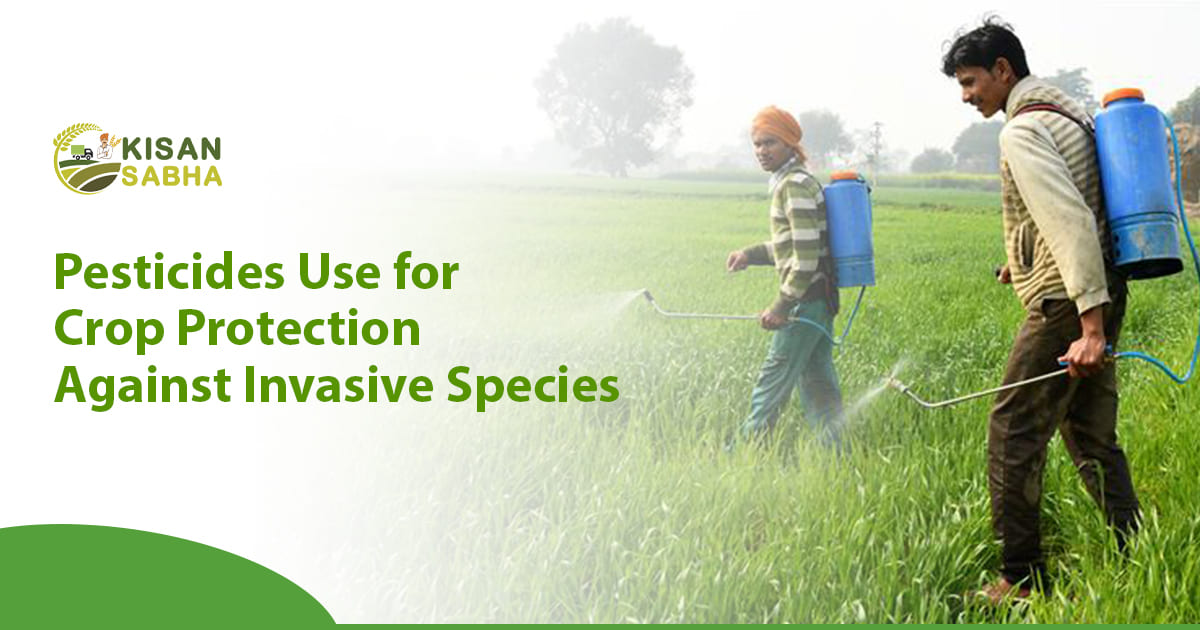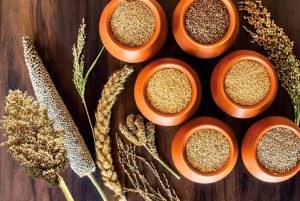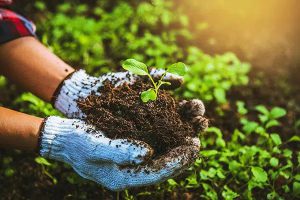Pesticides are essential. They assist farmers in growing more food on less land by protecting crops against pests, diseases, and weeds and increasing yield per hectare. Pesticides have enabled main crop production to more than triple since 1960.1 Rice output, for example, has more than quadrupled, feeding over half of the world’s population. Wheat production has surged by approximately 160 percent.
All farmers, even organic growers use pesticides. Pesticides, whether synthetic or natural, are employed by all farmers. The distinction is that organic farmers can only use pesticides derived from natural sources. However, the toxicity of both synthetic and natural insecticides varies.
Pests and illnesses would destroy more than half of our crops if pesticides were not used. Weeds, pests, and illnesses destroy between 26 and 40 percent of the world’s potential agricultural yield each year.2 These losses might potentially quadruple if crop protection is not used.
Benefits of Pesticides
Pesticides enable farmers to produce more while using less land.
Farmers have been able to grow larger harvests in less area since the introduction of pesticides, increasing agricultural output by 20 to 50 percent. Furthermore, pesticides enable farmers to maximize the value of other essential agricultural instruments such as high-quality seeds, fertilizers, and water resources. Thus, Pesticides are essential for the long-term production of high-quality food and fiber.
Pesticides guarantee abundant crops.
Several scientific studies have found that eating fruits and vegetables daily lowers the risk of numerous malignancies, high blood pressure, heart disease, diabetes, stroke, and other chronic illnesses.
Pesticides contribute to food affordability.
Farmers use pesticides to grow more food on the same ground. According to studies, organic vegetable producers spend substantially more time manually weeding than herbicide-using growers. This helps to explain why organic food costs more than conventionally cultivated food.
Pesticides aid in the reduction of waterborne and insect-borne infections.
Malaria, Lyme illness, and West Nile virus are a few examples. Pesticides improve human health by controlling rodent and insect populations by reducing disease outbreaks.
Also Read:- The Potential of 5G Technology to Revolutionize Agriculture
Pesticides aid in environmental preservation.
They let farmers produce more crops per unit area while using less tillage, minimizing deforestation, preserving natural resources, and lowering soil erosion. Pesticides are also needed to manage invasive species and harmful plants.
Pesticides have switched underdeveloped countries into food producers.
Crop protection products have enabled farmers in the poor world to cultivate two or three harvests each year, allowing these nations to become ‘breadbaskets’ for the rest of the world. Food exports assist individuals in temperate areas with shorter growing seasons.
Securing what is in storage.
Pests can harm crops even after they are planted. Bugs, fungi, and rodents may wreak havoc on precious grains. Pesticides applied in stored items can extend the useful life of the food, avoid massive post-harvest losses from pests and illnesses, and preserve the grain so that it is safe to consume.
Conclusion
Pesticides help farmers to produce safe, high-quality meals at low costs. They also assist farmers in producing an abundance of healthy, year-round meals that are essential for human health. Fruits and vegetables, which give critical nutrients, are more plentiful and less expensive. Grains, milk, and proteins, which are essential for childhood growth, are becoming more readily available due to decreasing food and animal feed production costs.




